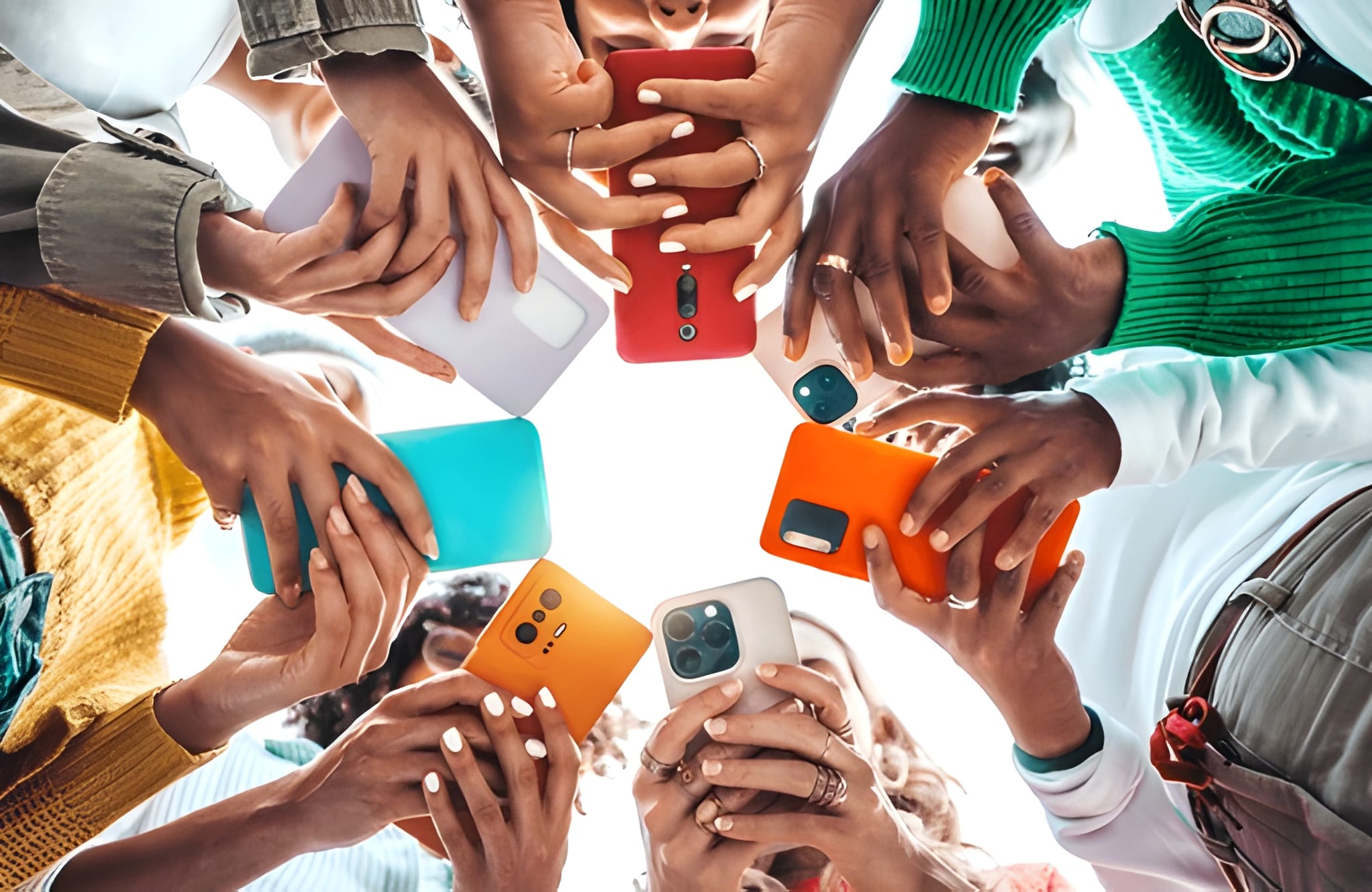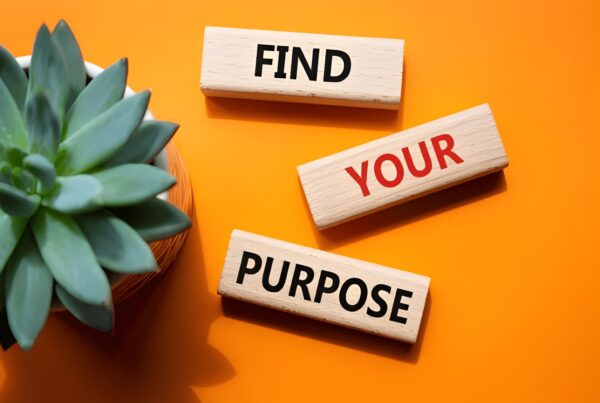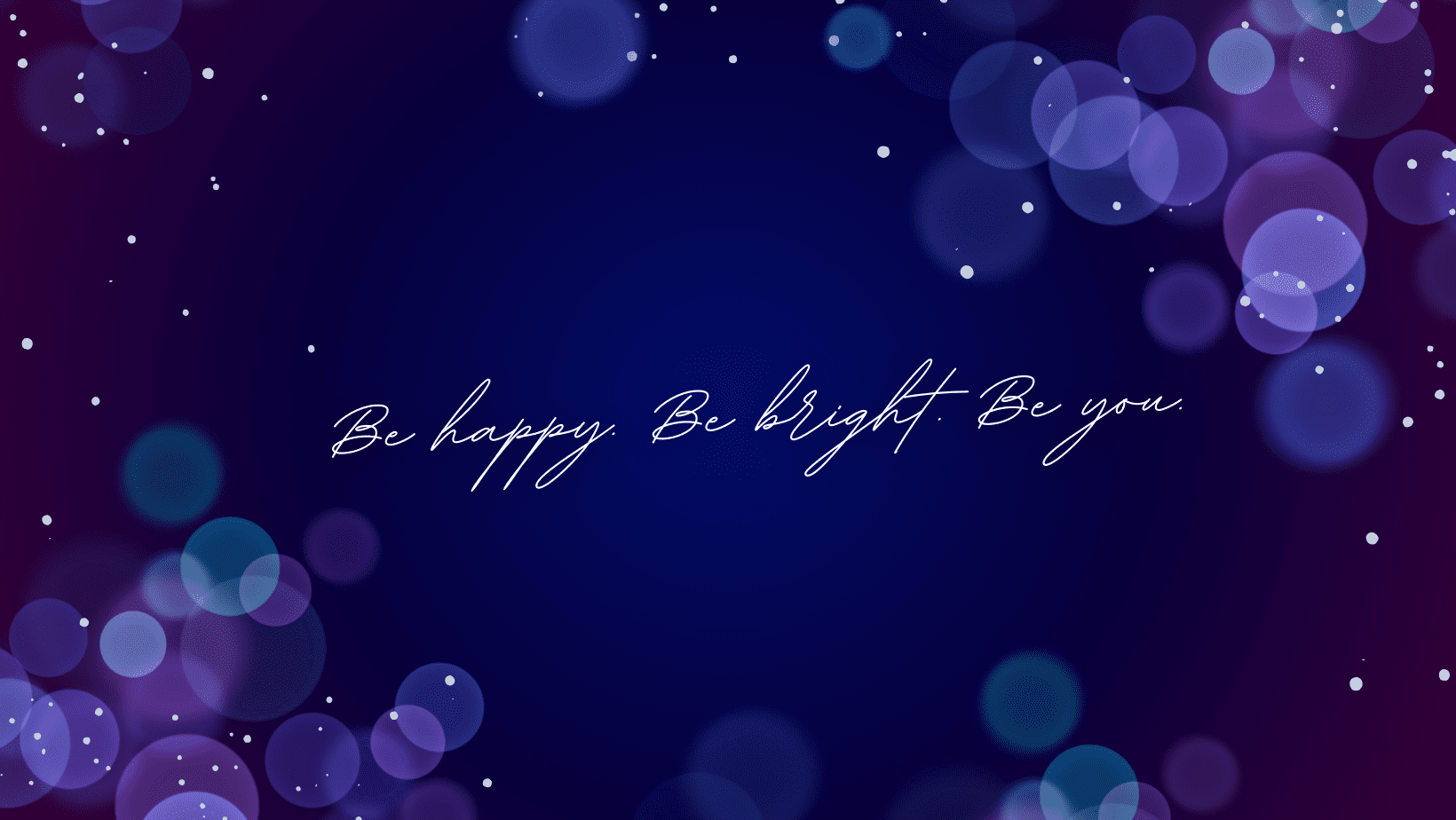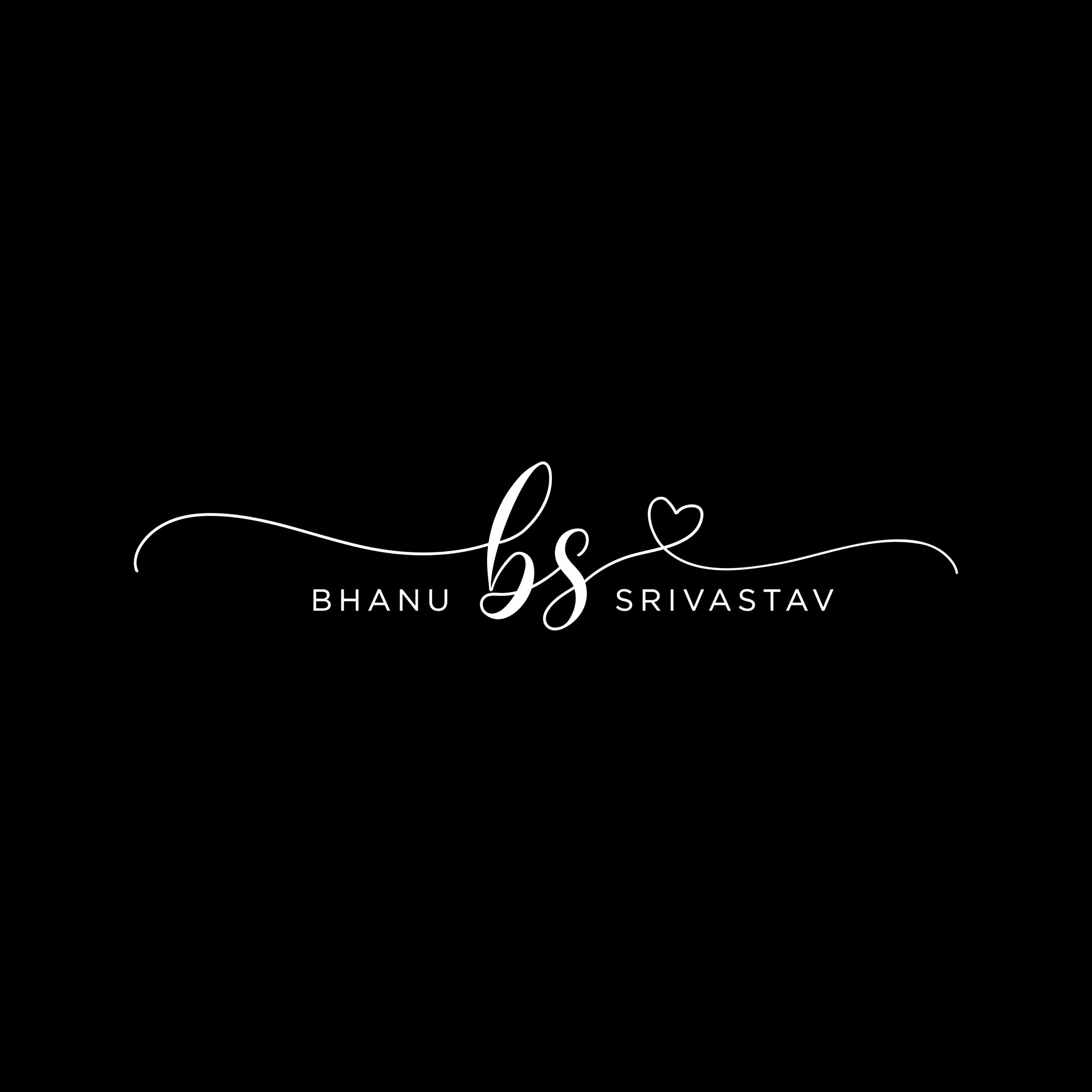Have you ever found yourself scrolling late at night, the blue light washing over you, feeling a quiet, heavy exhaustion settling in? Maybe you’re looking at someone else’s perfect life, or maybe you just feel like you’ve been running on a digital treadmill all day, constantly checking, constantly comparing. You know that feeling, right? It’s a deep, weary ache that says, “Is this constant noise truly worth the cost to my peace?”
If you’ve felt that, please know you’re not alone. I’m Bhanu Srivastav, and I’ve worn a lot of hats in my life from writing self help books and making music to working in banking and finance and, yes, even diving deep into the world of Technology and Artificial Intelligence. What I’ve learned across all these fields is this: the most valuable resource isn’t money, data, or technology. It’s your genuine, focused attention.
Social media isn’t just a place to share photos. It’s a powerful, expertly-engineered system designed to keep you looking just one more time. The hidden truth we need to face, gently but honestly, is that its primary goal is not to connect you; it is to consume your time. This article isn’t about quitting social media forever. It’s about knowing the true game so you can play by your own rules and reclaim your best self.
What is the Social Media Hidden Truth?
The hidden truth about social media is that it operates on a scarcity model, making your attention a finite, profitable resource that it is optimized to harvest. It doesn’t sell products; it sells your time to advertisers. Understanding this fundamental business model changes everything about how you interact with it, shifting you from a passive consumer to an intentional user.
The True Cost: Why Your Focus is Fraying
The Digital Slot Machine: The Validation Loop
When you post something and get a like, a comment, or a share, your brain releases a chemical called dopamine. It’s a nice little spark. The problem is that the platforms are designed to make these rewards unpredictable just like a slot machine. You don’t know when the next one is coming, so you keep pulling the lever (refreshing your feed). This creates the Digital Slot Machine effect, training your brain to seek constant, low-effort validation, which completely destroys your ability to sustain long, deep focus on difficult tasks like writing a book, mastering a new skill, or solving a complex problem at work.
The Myth of Connection vs. The Reality of Comparison
We tell ourselves we’re on social media to “stay connected.” And sure, that’s part of it. But for many of us, it quickly turns into a comparison trap. You’re not just comparing your casual, messy, day-to-day life with your friends’ curated, polished highlight reels. You’re comparing your unfiltered reality with a synthetic fiction. This comparison doesn’t inspire you; it drains you. It makes you feel “less than,” even though you know, deep down, that those perfect photos are just moments in a much bigger, more complicated life.
My Journey Away From The Noise: Reclaiming My Time and Self
As someone who writes, makes music, and works in technology, I know a thing or two about needing deep, uninterrupted focus. My journey with social media was much like yours: a slow, creeping realization that it was taking more than it was giving.
The Gift of Empty Time
When you’re constantly refreshing your feed, you fill up every little pause in your day: waiting for the kettle to boil, standing in line, during a ten-minute break. I decided to change that.
My biggest learning curve in this was when i completely stopped using social media, i found how much time i have and how many things i can do in this time like reading book, walk to the market, spending time with long lost friends etc etc.
The surprising thing wasn’t just how much extra time I found it was the quality of that time. It wasn’t “extra time for work.” It was time for simple human things. Reading a book without checking my phone every five pages. Taking a quiet walk to the market and actually noticing the people, the sounds, the smells. I started calling those long lost friends instead of just seeing their profile photos. It was like getting a slow, gentle gift of back your own life.
The Power of Sustained Focus
Before my break, my work sessions were fragmented. I’d write a paragraph, check my phone. Solve a few lines of code, check my phone. My brain was trained for the quick hit.
After leaving social media i saw my focus has increased i can work for longer hrs then take a 20 minutes walk an then again start working…
This change wasn’t instant, but it was definite. I learned to work for two or three hours straight, diving deep into my writing or my AI research. When I felt my brain hit a wall, instead of picking up my phone and entering the distraction vortex, I’d take that simple, refreshing 20-minute walk. It was a proper, clean reset. Then, I could come back and start working again with real energy. My productivity, and more importantly, the quality of my work, went up significantly. It taught me that focus isn’t something you find; it’s a muscle you have to build by not distracting it.
Finding Peace Beyond Validation
The most profound realization was about my own internal peace. When you’re constantly seeking likes and comments, you’re outsourcing your self-worth to strangers. That’s a shaky foundation for a life.
I felt that i am meeting a new me who is far from daily social media glitters and validation loop, i dont need likes comments and share and it’s really really peaceful…. i can think about better things now!
It felt like shedding a heavy, unnecessary skin. I was meeting a new me someone who was interested in doing good work for its own sake, not for applause. Not needing that little notification to tell me I was okay was truly peaceful. It cleared the space in my mind to think about bigger, better things: my next book, a new song, how to simplify a complex technology concept for my students. That quiet certainty is a treasure.
Why Even Experts Get Caught: The Science of Your Screen
You might think, “I’m smart, I can handle it.” And you can. But you’re up against some of the best-paid, most brilliant engineers in the world. They know how your brain works better than you do in some ways. Understanding the numbers helps us see the scale of the challenge.
The Deep Divide Between Use and Happiness
The most significant data shows a clear inverse relationship between passive social media use and mental well-being.
According to a study published in the Journal of Social and Clinical Psychology, limiting social media use to 30 minutes per day significantly reduced loneliness and depression in students.
It’s not just using it; it’s how you use it. Passive consumption just scrolling and watching is the problem. Active engagement like scheduling a specific time to message a close friend is less harmful.
The Digital Distraction Epidemic
Our attention spans are genuinely being affected. It’s not a myth.
According to the Pew Research Center, X% of Americans aged 18 to 29 say they use social media “almost constantly,” highlighting the difficulty in breaking the habit.
This shows the sheer pervasiveness of the ‘always-on’ state. Being constantly connected means being constantly interrupted, and every interruption costs you about 20 minutes to get back to the state of deep focus you need for meaningful work.
The Algorithm is a Mirror, Not a Master
Finally, we need to understand that the AI behind the feed the algorithm is not a wise, all-knowing entity. It’s a very clever reflection of your past choices.
According to MIT Technology Review, the primary goal of recommendation algorithms across all major platforms is not quality or truth, but “time-on-site,” which is measured by engagement metrics.
It only shows you more of what you’ve clicked on before. If you watch a single video about conspiracy theories or political outrage, it doesn’t know if you agree or disagree; it just knows you watched. So, it gives you more. Your feed quickly becomes a narrow, highly-charged, and often negative echo chamber not because the platform is inherently evil, but because that’s what makes you stay. To change your feed, you have to change your habits.
Reclaiming Your Attention: Practical Steps for Digital Freedom
You’re a complex, creative, capable person. You should be in charge of your own schedule, not a piece of software. Here are some simple, human steps you can take today to get back your focus and peace.
Phase I: Creating Physical and Digital Distance
- Phone’s Bedroom Ban: Your phone does not belong in your bedroom. Get an old-fashioned alarm clock. Charging your phone in another room is the single most effective way to protect your morning focus and your sleep.
- Notification Audit: Go into your settings right now and turn off all non-human notifications. You don’t need an alert because someone liked a photo. Only allow calls, texts, and maybe a few essential work apps.
- App Grouping: Move all social media apps off your main home screen. Put them into a folder labeled something unappealing like “The Noise” or “Optional Time-Sink.” Make it harder, just slightly, to get to them.
My Compass: A 4-Step Framework for Digital Peace
This unique framework is what helped me transition from a distracted worker to someone who could finally apply the focus I’d developed in my banking and finance career to my creative and technology projects.
Frequently Asked Questions (FAQ)
Q1: Is social media inherently bad?
No, social media is not inherently bad. It’s a tool, like a hammer. A hammer can build a beautiful house or it can break a window. Its value is entirely determined by the intention and control of the person using it. Used with intention for genuine connection and learning, it can be wonderful. Used passively as a time-filler, it’s destructive to your focus and peace.
Q2: Will I miss out on important things if I cut back?
This is a powerful fear, often called FOMO (Fear of Missing Out). But the truth is, the most important things in life deep friendships, family connection, personal growth, professional success rarely happen on social media. By cutting back on the digital noise, you create space for JOMO (Joy of Missing Out) the quiet contentment that comes from prioritizing your real, non-digital life.
Q3: How can I use social media for my career or business without getting addicted?
Treat it like a scheduled work task, not a leisure activity. Time-block it in your calendar, just like you would a meeting or a task in banking and finance. For example, from 10:00 AM to 10:30 AM, you check messages, post content, and log out. Never do this work late at night or first thing in the morning.
A Final, Kind Thought
My friend, you have an incredible inner life. You have ideas, skills, and unique experiences whether in music, writing, technology, or anything else that the world needs. Don’t let the endless digital scrolling chip away at your ability to create, to think deeply, and to simply be yourself.
We aren’t aiming for a life without technology; that’s not realistic. We’re aiming for a life where you are the architect of your attention. You don’t need the likes, comments, or shares to validate your worth. Your worth is fixed, it’s absolute, and it’s inside you right now.
I hope this helped you. If this article gave you a moment of genuine peace or a new idea, I’d love to know what your biggest takeaway was. Feel free to share your thoughts in the comments below. Take a deep breath. You’ve got this.




